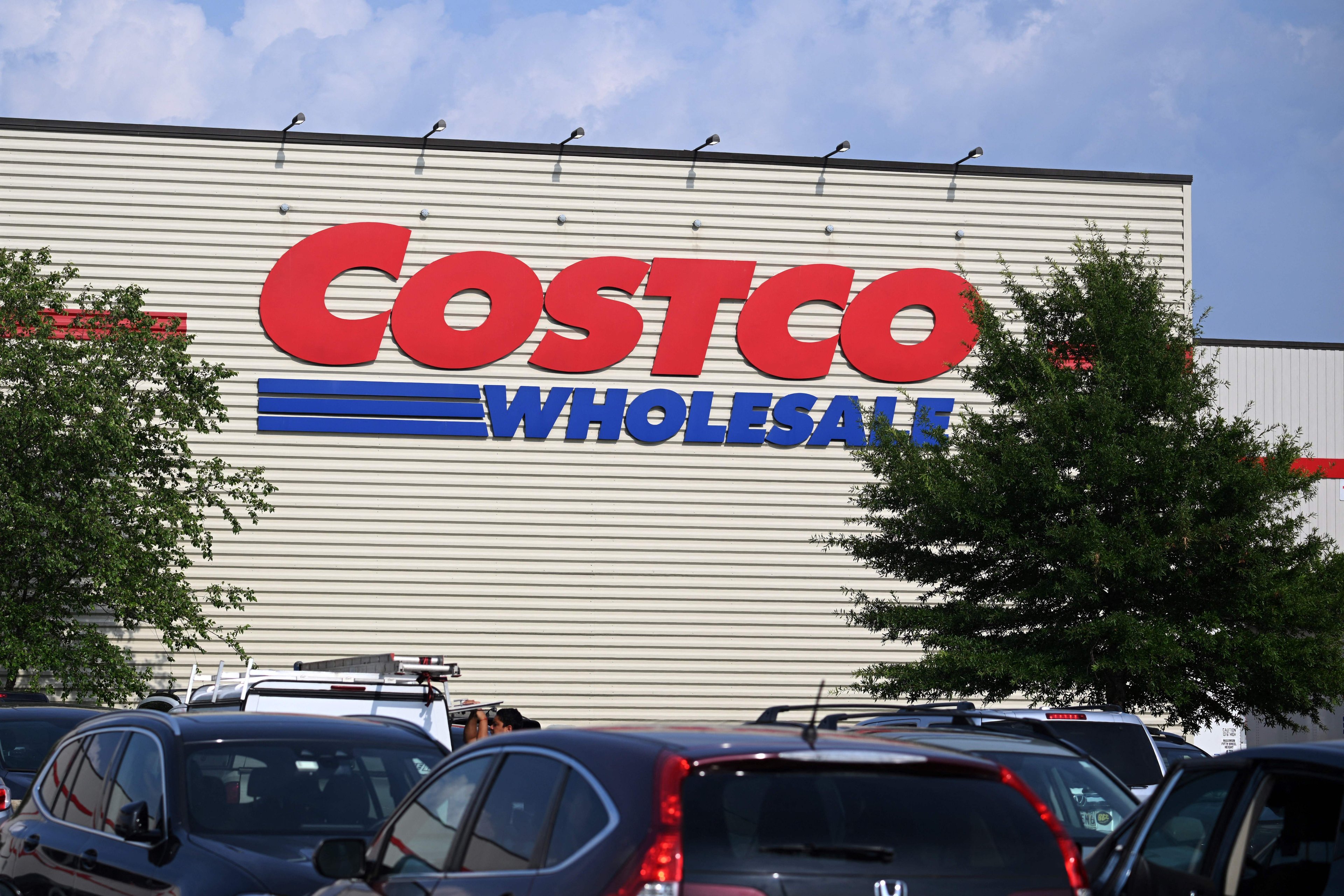The strategy Costco (COST 0.01%) has stuck with since its inception nearly 30 years ago isn't exactly rocket science: Sell in bulk to make up for razor-thin margins, charge membership fees to help with said margins, and offer a wide variety of quality products. Simple.
Now comes this pleasant surprise for shareholders: Among Costco's recent press release was the news that it's offering a special, one-time dividend of $7 a share, payable Dec. 18 to shareholders of record on Dec. 10. You read right: $7 a share! According to CFO Richard Galanti, "Our strong balance sheet and favorable access to the credit markets allow us to provide shareholders with this dividend, while also preserving financial and operational flexibility to grow our business globally."
The same, but different
Costco continues to provide shareholders with ridiculously good returns, year in and year out, while maintaining its position as one of the most expensive stocks in its sector. Other big hitters, including Wal-Mart (WMT +1.23%) and Target (TGT +0.17%) in particular, follow a (somewhat) similar business model: Offer great pricing on a wide array of products, knowing volume will make up for margin pressures.
And, like Wal-Mart and Target, Costco once again has solid same-store-sales results, this time for November. In the same press release sharing the $7 a share dividend news, Costco announced that sales jumped 9% vs. last November. And U.S. same-store sales grew 6%, while its international same-store operations improved 7%. Apparently, the troubles in Europe and other non-domestic markets don't apply to Costco. Nor do poor electronic sales, which has caused nothing but consternation for Wal-Mart and Target.
Now, about that dividend
There are differences among the Big Three, however. First, Costco consistently trades at trailing earnings multiples nearly twice that of Wal-Mart and Target, as it is now. Costco's 1.14% dividend, sans the pending one-time $7 bonanza, is half of its brethren.
After announcing Costco's $7 dividend, Galanti then goes on to say the dividend will cost approximately $3 billion. A quick glance at Costco's balance sheet from fiscal Q4 ending Sept. 2shows it is sitting on $4.85 billion in cash and short-term investments. Seventy-five percent of available cash in the form of a dividend would seem to be a bit... excessive.
Unless, as it prepares for its Dec. 13 fiscal Q1 conference call, Galanti and the Costco finance team recognize fiscal Q1 is flush with free cash flow, adding to what will be a depleted balance sheet. Naturally, shareholders wouldn't mind seeing that, on top of what you know will be Costco's usual revenue and earnings growth.
Buy, sell, or hold?
There's going to be a significant pop when Costco opens for trading. A one-time $7-a-share dividend will do that. But what about long term?
If you're a fundamental investor, Costco doesn't appear to stack up against Wal-Mart or Target, both of which are significantly undervalued, by the way. Thing is, there's simply no arguing with Costco's track record. It just keeps doing what's its always done -- outperforming. Don't expect big growth in the near term -- after the $7 dividend impact wears off -- but if you own Costco, keep it. If you're a long-term investor, it remains a solid addition to most any portfolio.






